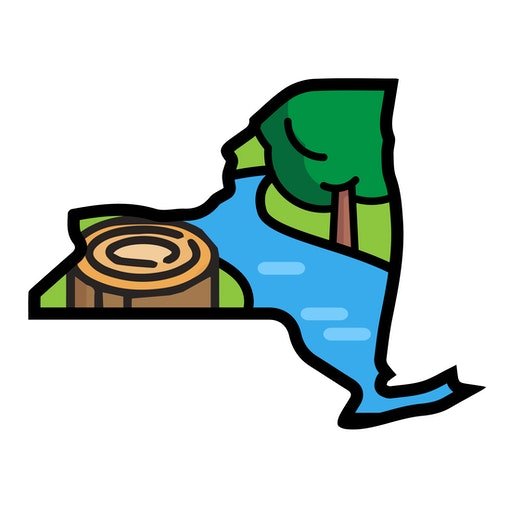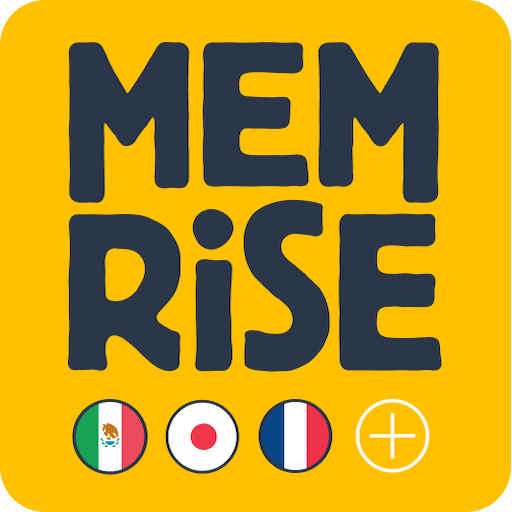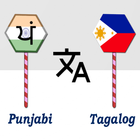
NYS BMP Guide
Screenshot
Description
Content
This App is the online version of the New York State Voluntary Forestry Best Management Practices for Water Quality BMP Field Guide. This guide is a practical tool for loggers, foresters, woodlot owners, and others involved in timber harvest operations and field work concerning erosion and water quality.
Purpose and Scope
The New York State Best Management Practices (BMPs) Guide provides a comprehensive framework for implementing effective water quality protection measures in New York State. It outlines a range of BMPs designed to reduce nonpoint source pollution from agricultural, urban, and suburban sources, and improve the health of water bodies.
BMP Categories
The guide categorizes BMPs into five main types:
* Agricultural BMPs: Practices aimed at controlling pollution from agricultural activities, such as nutrient management, erosion control, and manure management.
* Urban BMPs: Practices designed to manage stormwater runoff and reduce pollution from urban areas, such as green infrastructure, permeable pavements, and stormwater ponds.
* Suburban BMPs: Practices suitable for suburban areas, focusing on reducing pollution from residential developments, such as low-impact development techniques and stormwater management systems.
* Forestry BMPs: Practices designed to protect water quality from forestry activities, such as erosion control, stream buffer zones, and harvesting methods.
* Riparian BMPs: Practices that protect and restore riparian areas along water bodies, such as buffer strips, streambank stabilization, and wetland restoration.
BMP Selection and Implementation
The guide provides guidance on selecting and implementing appropriate BMPs based on site-specific conditions and pollution sources. It emphasizes the importance of assessing potential pollutant sources, identifying target areas for BMP implementation, and designing and installing BMPs to achieve desired water quality goals.
Monitoring and Evaluation
The guide highlights the importance of monitoring and evaluating BMPs to assess their effectiveness and make necessary adjustments. It provides guidance on monitoring protocols, data analysis, and reporting mechanisms to ensure that BMPs are meeting water quality objectives.
Stakeholder Involvement
The guide emphasizes the need for stakeholder involvement in BMP implementation and monitoring. It encourages collaboration between landowners, government agencies, environmental organizations, and community groups to ensure that BMPs are tailored to local needs and priorities.
Technical Assistance and Resources
The guide provides information on technical assistance and resources available to support BMP implementation. It lists contact information for state and local agencies, as well as educational materials and online resources to facilitate BMP adoption and maintenance.
Benefits of BMP Implementation
The guide highlights the numerous benefits of BMP implementation, including:
* Reduced nutrient pollution, sediment loading, and pathogen contamination
* Improved water quality and habitat for aquatic life
* Enhanced flood control and stormwater management
* Increased recreational opportunities and aesthetic value of water bodies
* Protection of drinking water sources and public health
Information
Version
1.0.8
Release date
Aug 11 2024
File size
6 MB
Category
Education
Requires Android
7.1+ (Nougat)
Developer
Watershed Agricultural Council
Installs
0
ID
com.w14a05814fb3.www
Available on


)





















